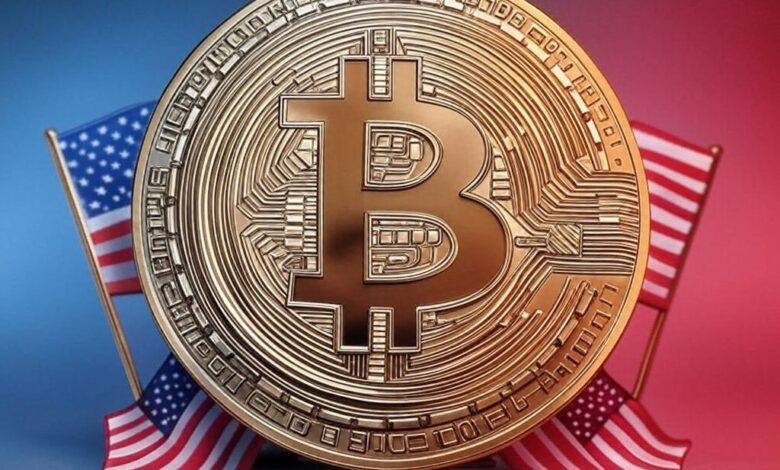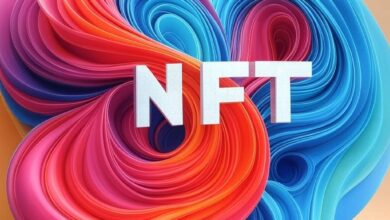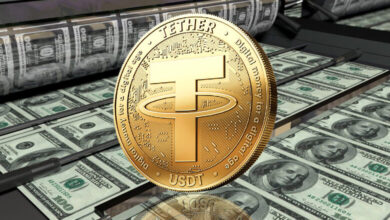Trumps’s Crypto Czar Weighs Bitcoin Reserve, Prioritizes Stablecoin Regulation

David Sacks, the newly appointed White House AI and crypto czar, stated on CNBC Tuesday that one of his task force’s key priorities is assessing “the feasibility of a bitcoin reserve,” an idea proposed by President Donald Trump during his campaign.
According to Sacks, the president has asked the digital assets working group to explore “whether it’s feasible to create either a bitcoin reserve or some sort of digital asset stockpile.” While no decision has been made yet, he emphasized that “it’s one of the first things” they will be evaluating.
That same day, the SEC announced a major shift in its stance on digital asset regulation. Under new leadership, the agency has committed to engaging with anyone interested in discussing crypto, marking a stark contrast to former SEC Chair Gary Gensler, who was widely viewed as an adversary of the industry.
Hester Peirce, now leading the SEC’s newly established Crypto Task Force, published a statement titled The Journey Begins, outlining the agency’s intent to develop clearer, more predictable regulations. “The Task Force is working to help create a regulatory framework that both achieves the Commission’s important regulatory objectives—including protecting investors—and preserves industry’s ability to offer products and services,” Peirce wrote.
The task force’s priorities include defining which crypto assets fall under securities laws, establishing a regulatory pathway for token issuers, and ensuring compliance requirements do not hinder innovation. Additionally, the group will examine crypto lending, staking, exchange-traded products, and cross-border regulations. Peirce made it clear that while the SEC aims to foster industry growth, it remains committed to cracking down on fraud.
The SEC also announced that it is actively seeking public input, encouraging firms and individuals to submit written feedback or request meetings with the task force.
Tuesday’s press conference marked the first major policy event led by David Sacks since his appointment in December. While he does not have direct authority over regulatory agencies or congressional funding, his close ties to both the White House and Elon Musk have positioned him as a key figure in shaping the administration’s crypto strategy.
As David Sacks collaborates with lawmakers on digital asset regulations, stablecoins are emerging as an initial focus. “They are very committed to moving legislation through the House and the Senate this year in order to provide that clear regulatory framework that the digital assets ecosystem needs to sustain innovation in the United States,” he stated on CNBC’s Closing Bell Over Time. Though legislative processes take time, he added, “I think this is something we could do in the next six months.”
Earlier in the day, David Sacks joined leaders from the House and Senate banking and finance committees for a press conference outlining their early objectives for crypto policy, working in coordination with the SEC. It was a significant moment in Washington as regulators, lawmakers, and key White House officials laid out their next steps in shaping digital currency policy.
“I look forward to working with each of you in creating a golden age in digital assets,” David Sacks declared at the event, standing alongside Sen. Tim Scott (R-S.C.), chairman of the Senate Banking Committee; Rep. French Hill (R-Ark.), chair of the House Financial Services Committee; and Sen. John Boozman (R-Ark.), who leads the Senate Agriculture Committee.
Their immediate priority is backing a stablecoin bill introduced by Sen. Bill Hagerty (R-Tenn.), which seeks to establish a “clear regulatory framework” for stablecoin use. These digital assets, typically pegged to real-world currencies like the U.S. dollar, have seen increasing adoption, primarily outside the U.S. Now, lawmakers are pushing for domestic issuance, seeing it as a way to reinforce the dollar’s dominance in digital finance. Advocates, including Sacks, argue that such a move could generate trillions in new demand for the dollar and contribute to lowering long-term interest rates.
David Sacks, who was previously critical of Trump, hosted a fundraiser in June at his Pacific Heights mansion, raising $12 million for the Republican leader’s campaign.
He was in Washington, D.C., last month for the inauguration and attended the Crypto Ball, where he mingled with industry leaders and policymakers. Speaking at the event, he declared, “The war on crypto is over.” During Trump’s first week in office, David Sacks stood beside the president in the Oval Office as he signed an executive order on digital assets.





